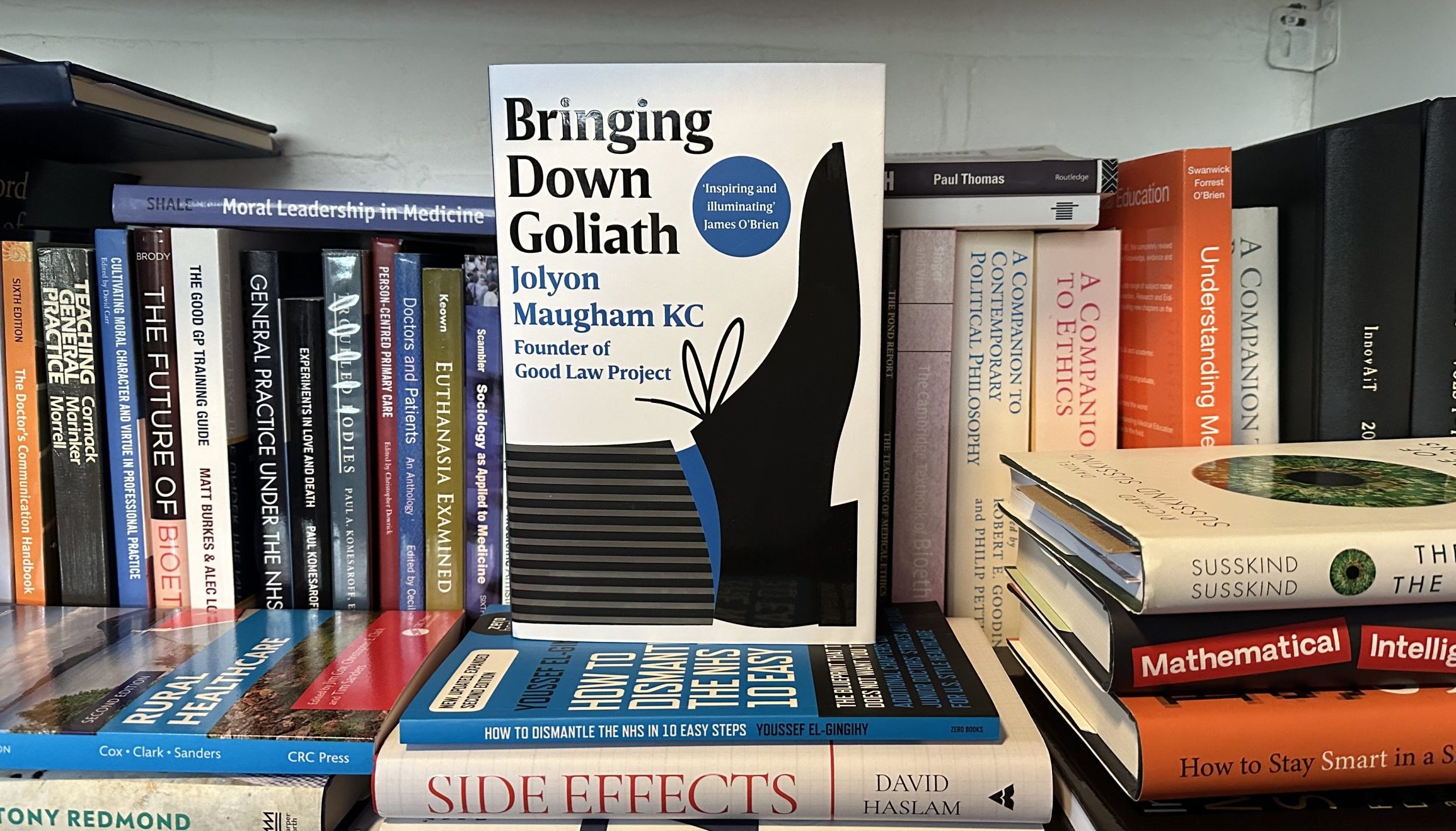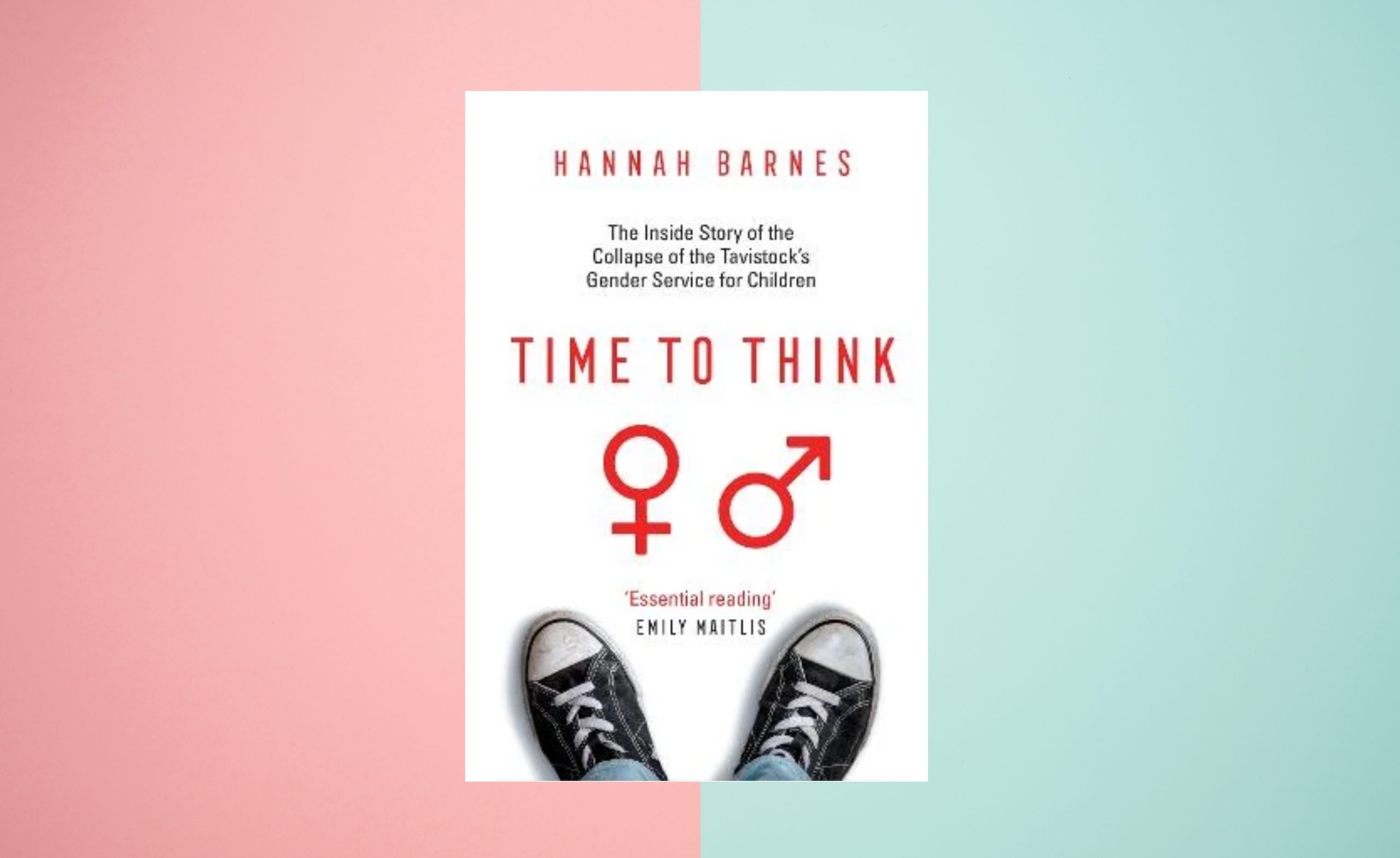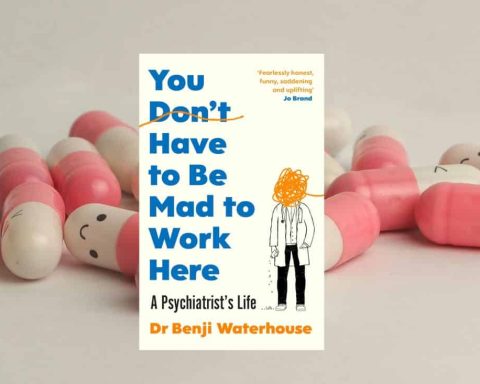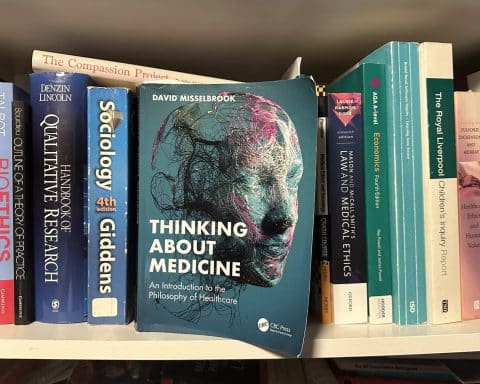
Early February 2020. A patient walks into a London GP surgery to book an appointment about his cough. Five days later, the receptionist develops a cough and deteriorates rapidly. In less than a week, she is dead from the newly-named coronavirus, COVID-19.
One of many streams of work in the NHS’s crisis response was obtaining and distributing vast amounts of protectiveclothing, which quickly came to be referred to as ‘PPE’—personal protective equipment. From the outset, two things were clear: there wasn’t enough PPE to go round, especially in primary care, and much of it was shoddy.
Anyone who could quickly obtain—or persuade a politician that they could quickly obtain—vast stocks of masks, gowns, aprons and gloves had a licence to (more or less) print money.
To those of us who walked the wards, staffed the clinics, pushed the trolleys or processed patients at the front desk (not to mention all those who lay sick in hospital or care homes, inhaling contaminated air), the availability and quality of PPE was a life-or-death matter. A mask that didn’t effectively filter out viral particles or gloves that fell to bits as you put them on meant repeated exposure to one of the most contagious viruses ever discovered—and for which there was, at the time, no vaccine and no cure.
But in a parallel universe, where the mandarins of Whitehall were rubbing shoulders with captains of industry over funny handshakes, the dire shortage of PPE meant something different. In the language of disaster capitalism, it was a business opportunity beyond compare. Anyone who could quickly obtain—or persuade a politician that they could quickly obtain—vast stocks of masks, gowns, aprons and gloves had a licence to (more or less) print money.
Not “anyone”, actually. The business contracts would be passed only to those in a secret “VIP lane”—a fast track into which government ministers channelled their hand-picked priority bidders straight to the civil servants with a remit to set up contracts (due diligence having been largely suspended until further notice). And how were these favoured suppliers picked? Certainly not with any reference to clinical quality criteria. Let me quote from the chapter entitled “Vampires and Sunlight: The PPE Cases” (page 231):
“We read, agog, on social media about who was winning PPE contracts. A company with substantially no assets or experience supplying anything to the NHS won a series of PPE contracts worth £350 million. A hedge fund with links to Liz Truss won a contract for a cool quarter of a billion. But when it came to the ‘why’, the ‘how’ and the ‘wtf’, there was nothing. FOI [Freedom of Information] requests were met with the straight-bat of ‘commercial confidentiality’ and ministerial press offices handed out platitudes and sometimes flat-out falsehoods.”
Like the style? This is Jolyon Maugham: erstwhile homeless teenager, rags-to-riches tax lawyer, agitator, social media influencer and King’s Counsel with attitude. He likes picking fights with the rich and powerful when he feels they’re running fast and loose with public money or civil rights—especially if they are the British government.
Maugham’s favourite subjects, on which he has led mostly but not universally successful legal challenges (or, sometimes,publicly-trumpeted threats to bring such challenges), include Uber (who, he alleged, had been fleecing the UK’s precarious gig economy without paying its share of tax), Boris Johnson’s government (who, he successfully claimed in court, rode rough-shod over the Constitution in its unseemly haste to “get Brexit done”), people and institutions who oppress or discriminate against the trans community (in various ways), and people who fob the NHS off with substandard andoverpriced PPE.
Maugham’s blow-by-blow account of the PPE fiasco will make your blood run cold. He quotes (page 233) an email sent by a despairing senior civil servant who asked for the “VIP lane” to be abolished as the PPE sourcing team was “drowning in VIP requests and ‘High Priority’ contacts that … either do not hold the correct certification or do not pass due diligence.” In other words, the long queue of how’s-your-father-give-us-a-slice-of-it wannabees was crowding out companies who had an actual track record in manufacturing and distributing medical-grade PPE.
But the dominant logic in Whitehall was firmly geared to supporting “business” and “trade”, with mission-critical quality failures and staggeringly costly overstocks either passing unnoticed or viewed as a necessary trade-off to this end. While the rest of us were stockpiling loo rolls and baked beans, government was pouring the war chest into mountains of paper and plastic (it hardly merited the title ‘PPE’) bought at what the Public Accounts Committee described as “obscenely inflated prices”. Most of this stock would later prove so worthless that it would need to be destroyed—at a further cost to the taxpayer of tens of millions of pounds.
How did all this (and more) finally come out at a time when the whole of Whitehall was being more than usually tight-lipped? Enter Jolyon Maugham. Through the firm he had established to take on such cases, the Good Law Project, and working in partnership with the medical pressure group EveryDoctor, he hired his own specialist lawyer who sent a “pre-action protocol” letter to the then Minister of Health and Social Care, Matt Hancock. This jogged Hancock’s memory of his legal duty, enshrined in the Freedom of Information Act, to be transparent and accountable with public service delivery data.
This is Jolyon Maugham: erstwhile homeless teenager, rags-to-riches tax lawyer, agitator, social media influencer and King’s Counsel with attitude. He likes picking fights with the rich and powerful when he feels they’re running fast and loose with public money or civil rights—especially if they are the British government.
Initially, the letter drew no response (“governments prefer to do their dirty business in the shadows”—page 240), but after a series of legal challenges set out in the book, judges ruled that the information had to be made public. One after another overpriced contract for the wrong type of PPE, mostly substandard and with no clear distribution plan, was exposed. So-called surgical gowns had been packaged in a way that rendered them non-sterile. Millions of face-masks had beenbought in bulk at 22p each and sold on to the government at a 300% mark-up. Companies operated from obscure or surprising addresses, some linked to ministers or their families or friends.
In short, while the pandemic was raging and nurses, porters, clerks and doctors were working unprotected, some at the heart of government not only condoned blatant profiteering around PPE but actively facilitated it.
Here’s why you need to read this book. In these days of complex capitalism, every contract has numerous subcontractors and a murky chain of accountability. In such circumstances, investigative journalists and honest, questioning citizens can get only so far, because powerful people lie (and they seem to believe they are entitled to do so). The reason Maugham set up the Good Law Project, he says, is that when the law is brought to bear on corruption or incompetence, even powerful people—and governments—will be held to account, since if a judge requires a party to make something public, they must.
You may not agree with Maugham’s left-wing political views (full disclosure: I broadly do), but his arguments about why societal conflicts increasingly need legal recourse deserve careful scrutiny. The profession needs to understand his playbook.
Featured Book: Bringing Down Goliath by Jolyon Maugham KC. London, Penguin Random House, 2023
Featured photo: The deputy editor’s bookshelf/BDG by Andrew Papanikitas, 2023








